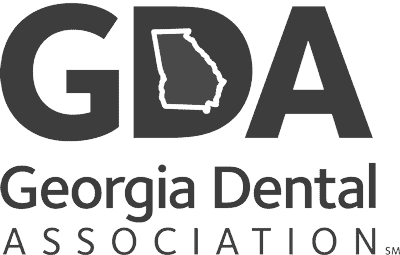TOP 10 QUESTIONS ABOUT BLEEDING GUMS
1. What are the gums?
No, we are not talking about chewing gum. The gums, or gingiva, function to surround and hold your teeth in place. They also make a barrier that prevents the spread of infections. Due to various reasons, they can sometimes bleed.
2. Why are my gums bleeding?
There are many reasons for bleeding gums, some may be a sign of underlying conditions. For example, bleeding gums are a common sign of plaque buildup and gingivitis, inflammation of the gums. If not removed, plaque can harden into tartar, leading to periodontal disease and tooth decay and loss.
3. What do bleeding gums mean?
Bleeding gums usually mean inflammation of the gum tissue, or gingivitis, and that there is a great amount of plaque buildup.
4. When do gums usually bleed?
In addition to signaling the presence of plaque buildup, bleeding gums can have other causes, which include flossing, chewing tobacco, and cuts.
5. When should I be concerned about bleeding gums?
You shouldn’t be heavily worried about bleeding gums in some scenarios, such as when you’re flossing or when you have gum tissue cuts. However, you should visit your dentist or hygienist for a check-up if you believe that your gums are bleeding unusually and easily.
6. What can I do about bleeding gums?
You should visit your oral health provider as soon as possible to get your gums checked out. They will examine and provide a comprehensive treatment plan accordingly. Here are some tips for dealing with bleeding gums: 1) brush your teeth and floss regularly, practicing good oral hygiene, 2) rinse your mouth with hydrogen peroxide, 3) stop smoking, if you do, and 4) reduce stress levels.
7. What are gum pockets?
Gum pockets are spaces around the teeth under the gum line which can become infected. They may point to underlying periodontal disease.
8. How do gum pockets heal?
They can heal after deep cleaning methods, like scaling and root planning, which remove the tartar and bacteria that are behind the infection and inflammation. By doing so, these techniques trigger the gum pockets to heal.
9. How long do gum pockets take to heal?
On average, it takes about one to two weeks for the gum pockets to heal.
10. What do the numbers a Dental Hygienist calls out mean?
A hygienist calls out numbers indicating the measurements of the dept of the gum tissue around each tooth. Numbers one and two indicate healthy gum tissue. A number of three means that there are no significant issues. Numbers above a three signify periodontal disease. Remember, the lower the number, the better.






